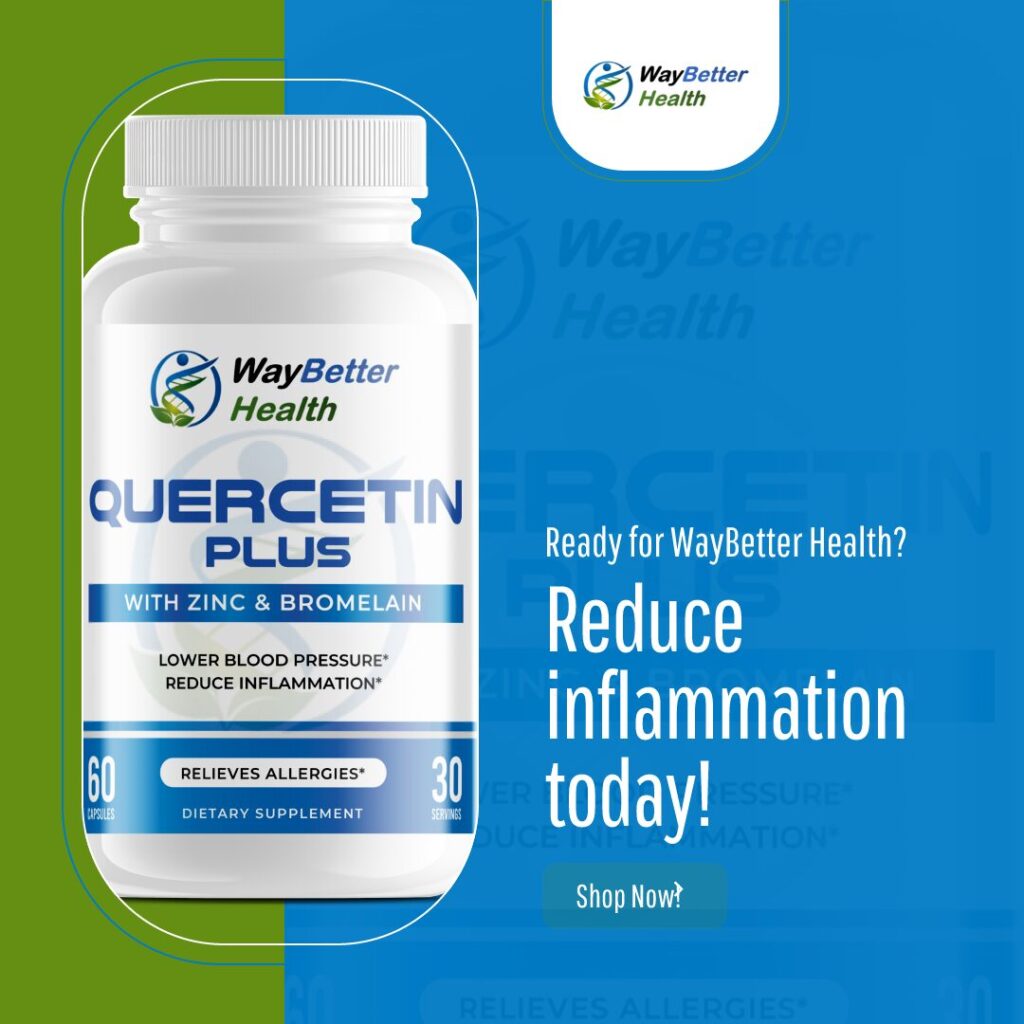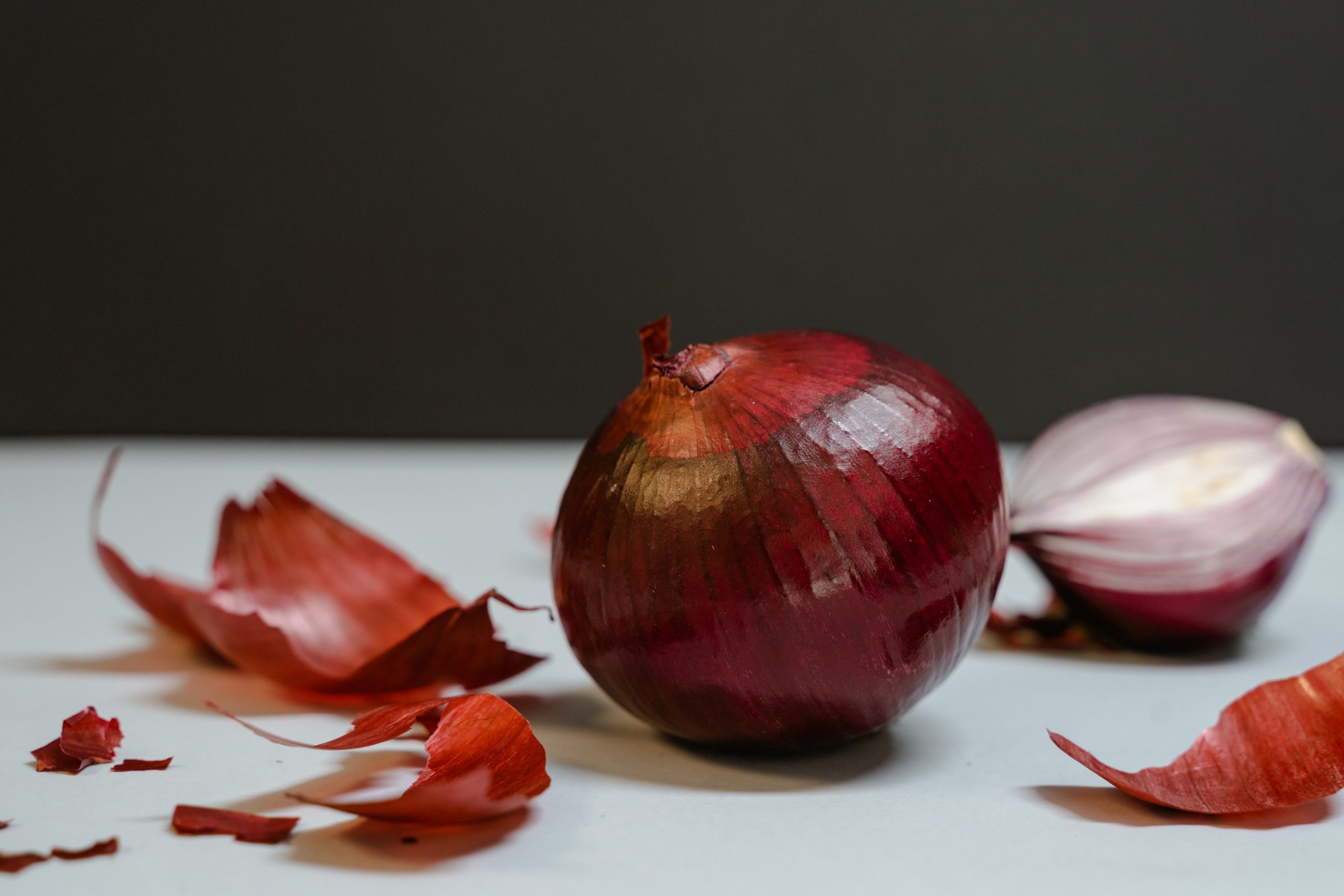Quercetin is a flavonoid that is found in many vegetables, fruits, grains, tea, and wine ¹. It has been shown to function as an antioxidant inside the body by neutralizing damaging free radicals that cause cell damage and chronic diseases ¹²³.
Quercetin may also reduce inflammation and oxidative stress, which are linked to aging, heart disease, cancer, and degenerative brain disorders ¹²³⁴. Quercetin may also have anti-inflammatory and antihistamine effects by stabilizing the cells that release histamine ¹.
The main role played by Quercetin in anti-aging lies in its anti-inflammatory and anti-oxidant properties. Other than that, Quercetin also ensures that our cells are protected from free radical chain reactions. It increases the immunity of the body significantly ².
Test-tube and animal research suggests that quercetin may help rejuvenate or eliminate aging cells and reduce markers of aging. However, more human research is needed to confirm these findings ¹.
In addition to its anti-aging benefits, quercetin may also aid exercise performance by increasing endurance and reducing fatigue ¹.
Foods that are high in quercetin include capers, onions (especially red onions), apples (with the skin), berries (such as cranberries and lingonberries), cherries, grapes (especially red grapes), citrus fruits (such as grapefruit), tomatoes, broccoli, leafy green vegetables (such as kale), and tea (especially green tea) ¹³.
Quercetin supplements are also available in capsule or tablet form. However, it is important to note that supplements are not strictly regulated by the FDA. The suggested dose for quercetin supplements is up to 1 gram daily for 12 weeks ⁴.
In conclusion, quercetin is a flavonoid that has been shown to have many health benefits including reducing inflammation and oxidative stress which are linked to aging, heart disease, cancer, and degenerative brain disorders.
Quercetin may also aid exercise performance by increasing endurance and reducing fatigue. Foods that are high in quercetin include capers, onions (especially red onions), apples (with the skin), berries (such as cranberries and lingonberries), cherries, grapes (especially red grapes), citrus fruits (such as grapefruit), tomatoes, broccoli, leafy green vegetables (such as kale), and tea (especially green tea).
Quercetin supplements are also available in capsule or tablet form but it is important to note that supplements are not strictly regulated by the FDA.

(1) What Is Quercetin? Benefits, Foods, Dosage, and Side Effects – Healthline. https://www.healthline.com/nutrition/quercetin.
(2) Quercetin And Anti-Aging Research – Food Security. https://foodsecurity.org/quercetin-and-anti-aging-research/.
(3) Quercetin Benefits, Supplements, Foods and Dosage – Dr. Axe. https://draxe.com/nutrition/quercetin/.
(4) Quercetin: Side Effects, Dosage, and Interactions – Verywell Health. https://www.verywellhealth.com/the-benefits-of-quercetin-89071.

